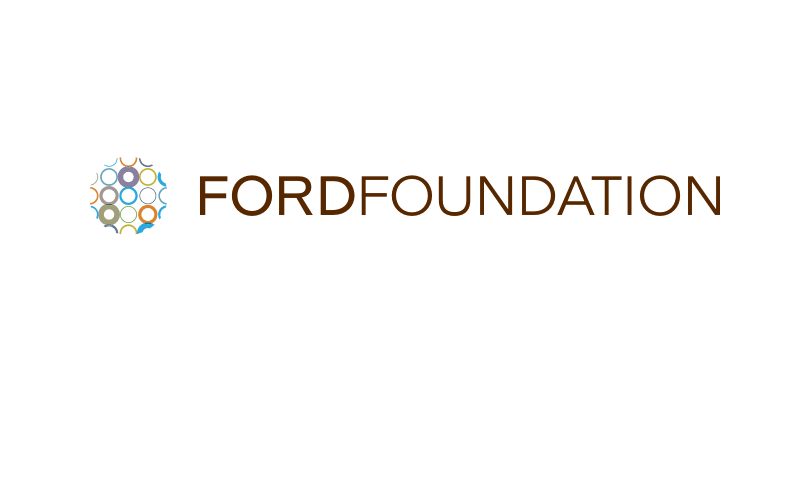The views expressed on funding priorities represent diverse viewpoints from across our Alliance. They should not be considered fixed but adaptable as we continue to engage with the frontline practitioners who work daily to address emissions from land use, protect forests, recognize Indigenous tenure, and advance equity, health, and local livelihoods. The priorities were informed by what we heard from many diverse inputs. These include conversations, analyses, assessments, and papers from experts in the field and on the ground. CLUA’s teams in the tropical forest countries where we focus our support also engaged in robust discussions and conducted virtual interviews with dozens of thought leaders and practitioners. The priorities and resources were shaped and refined through an extensive review process involving both public and private donors, issue experts, and civil society organizations. However the Climate and Land Use Alliance remains solely responsible for the opinions in the priorities and for any errors of fact or interpretation.
We look forward to learning from our readers about what we may have missed, misunderstood, or misrepresented. We know there are many unresolved questions and we do not claim to have all the answers. We do hope the Climate & Forests 2030 resources will spark interest and engagement on these priorities and what is needed to meet them. Within CLUA, we will use these priorities and resources, and reactions to it, to inform our own strategies in years ahead.
We welcome your feedback and contributions. Please contact us.
WHY CLIMATE & FORESTS 2030
The coming decade is vital for our shared efforts to keep the Earth’s climate within a safe range for people and the diversity of life on the planet. The climate crisis is already upon us. We have an opportunity and a responsibility to take urgent, collective action to protect the world’s forests and avoid the worst impacts of climate change.
Forests, nature’s best technology for carbon dioxide removal and storage, already absorb about a third of global fossil fuel emissions each year. Protecting and restoring forests can increase the amount of carbon pollution they absorb (see Forests and Climate: Impacts, Mitigation, and Adaptation by Nolan, Field & Mach).
This will require significant efforts and changes from governments and the private sector around the globe to halt and reverse the forest destruction and degradation continues unabated in many places today.
Funders have an opportunity and responsibility to support Indigenous Peoples, local communities, environmental and grassroots groups protecting forests, and engage with governments and companies who seek to protect forests. Climate & Forests 2030 provides a set of resources including commissioned topic area papers and links to relevant publications and resources; and proposes ten interrelated priorities and associated funding opportunities for the donor community to support. Our aim is to mobilize a community of funders to collectively support forest and climate funding opportunities.
Implementing the priorities will require a mix of scaling up existing strategies which have shown promise and developing new ones. We believe it will also require different approaches from funders going forward, inspired by Edgar Villanueva’s concept of “Decolonizing Philanthropy[1]”.
Climate & Forests 2030 is not intended as the last word on this topic. There will be many other views and we welcome them. We encourage readers to share their suggestions and concerns with us. We look forward to a continuing dialogue from which we can all learn.
What Climate & Forests 2030 is:
- An informed overview of priority Climate & Forests challenges, the economic systems and power structures in which they are embedded, and high-leverage opportunities where donor engagement and funding could enable positive change;
- An agenda for a range of donors to consider, in whole or in part;
What Climate & Forests 2030 is not:
- Comprehensive, or objective;
- An action plan which, if followed, will guarantee success;
- An attempt to claim that forests are more important to climate change mitigation than decarbonizing energy and transportation systems, or that forests are more important than agriculture for food security;
- CLUA’s strategy
The topics of climate and forests are vast. Our approach is necessarily limited. We do not explore food systems and agriculture, except insofar as these are drivers of deforestation. Discussion of food systems topics can be found in the report of the Food and Land Use Coalition[1] and other publications. Regional contexts are sometimes mentioned, but not fully explained or addressed.
[1] “Decolonizing Wealth; Indigenous Wisdom to Heal Divides and Restore Balance” Edgar Villanueva, 2018.





